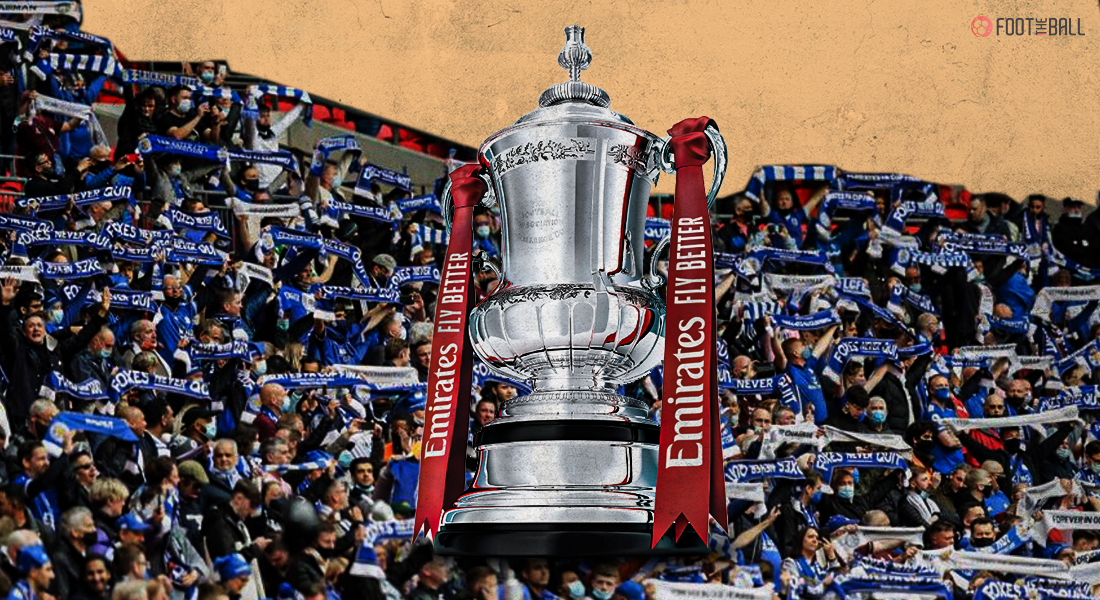The 150th rendition of the FA Cup, the oldest knockout-cup competition in the world, saw Leicester City win the trophy for the first time against Champions League finalists Chelsea. The game was settled by a wonder strike from Youri Tielemans in front of a crowd of 21,000 howling fans from both sides. Wait. Fans? Inside the stadium?
The FA Cup final saw the biggest crowd at a sporting event in the UK since the start of the coronavirus pandemic March 2020. Though it was sparse compared to the actual capacity of Wembley, the match provided much relief to football lovers all across the country in finally being able to witness a live match after more than a year. That it came in the FA Cup was destiny.
THE MAGIC OF THE CUP
I know, I know. You have heard this phrase multiple times over the last few years. Mostly in the negative sense. That the “Magic of the FA Cup” is no longer there. Moreover, there have also been well-written pieces on how the competition has become a sideshow and has had its prestige greatly reduced.
The truth cannot be further from that. Firstly, talking of the “magic” that has so enamoured people from all sections of society. The FA Cup is renowned for being the “great leveler.” It is the place where small teams, low-budget teams with names you have not heard of can meet the big boys- your Arsenals and Liverpools. Not only does this generate much needed money for these clubs from broadcasting rights and ticket sales, there is also a chance in almost every season of the Cup of a “giant-killing” run which is what drives the magic of the FA Cup.
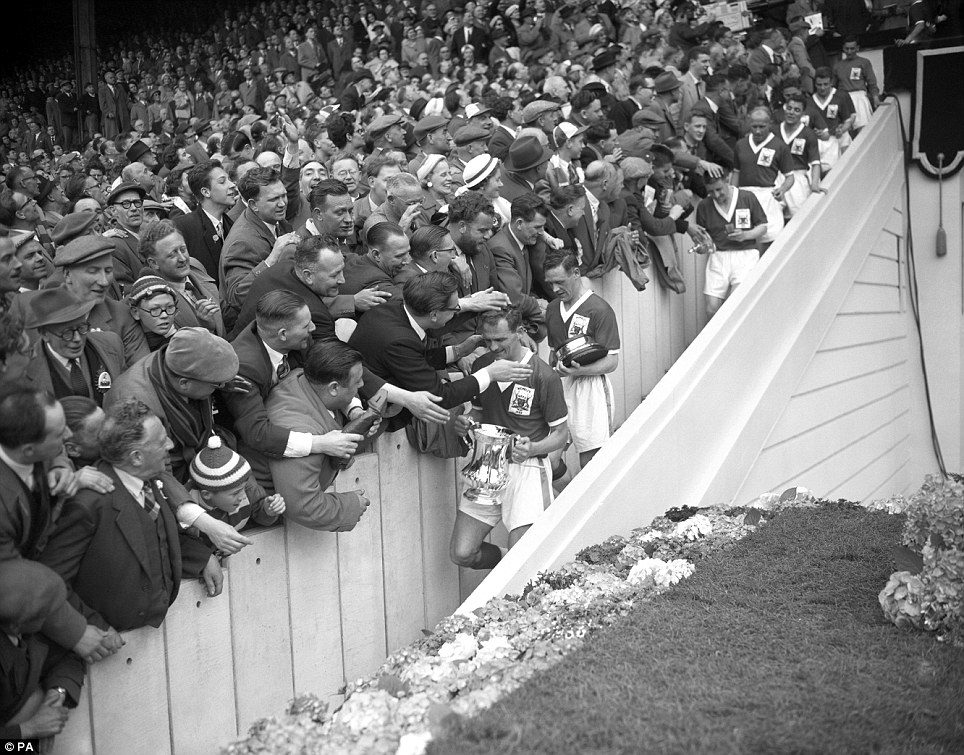
One such moment was the 2013 FA Cup final, where Wigan Athletic defeated 2012 champions Manchester City 1-0 before getting relegated that very season. In 2018, the Latics, now in League One, again knocked out the Cityzens in the Fifth Round. Though, they were from the Premier League, the conditions each club found itself under could not have been more stark. If you want some more tales of disparity at work, take the following two cases.
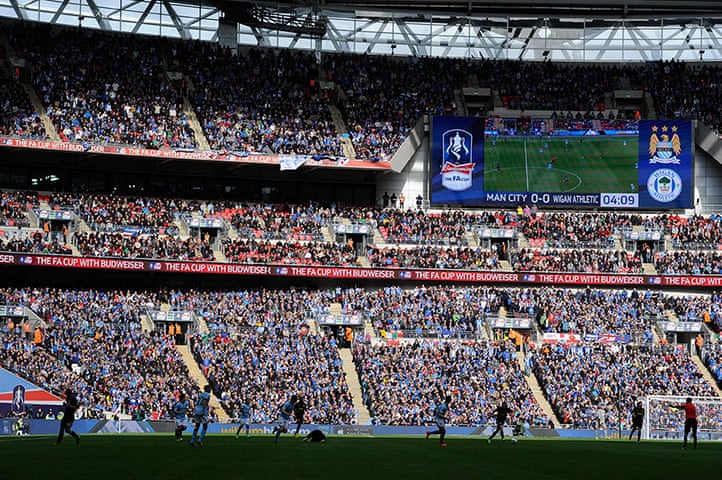
In 2016-17, Lincoln City from the fifth-tier of English managed to defeat two Championship clubs as well as Premier League side Burnley on their way to become the first non-League club in the quarter-finals of the competition. Even in the current season, Marine FC from the eighth-tier made it to the Third Round and earned a tie against Tottenham Hotspur. However, to reduce the FA Cup to a David vs Goliath story only is doing it a disservice. We also have to talk about the fan presence, and their contributions to making it what it is- especially in light of events over the past year.
FANS ARE A MUST
The culture of supporters and their travails in order to attend matches is something that just adds on to the history of the FA Cup. Though it was started by aristocrats, by the late-1880s, the competition had been much more accessible to all types of clubs across the footballing hierarchy. This in turn had a knock-on effect on the kind of crowds that started showing up for the games.
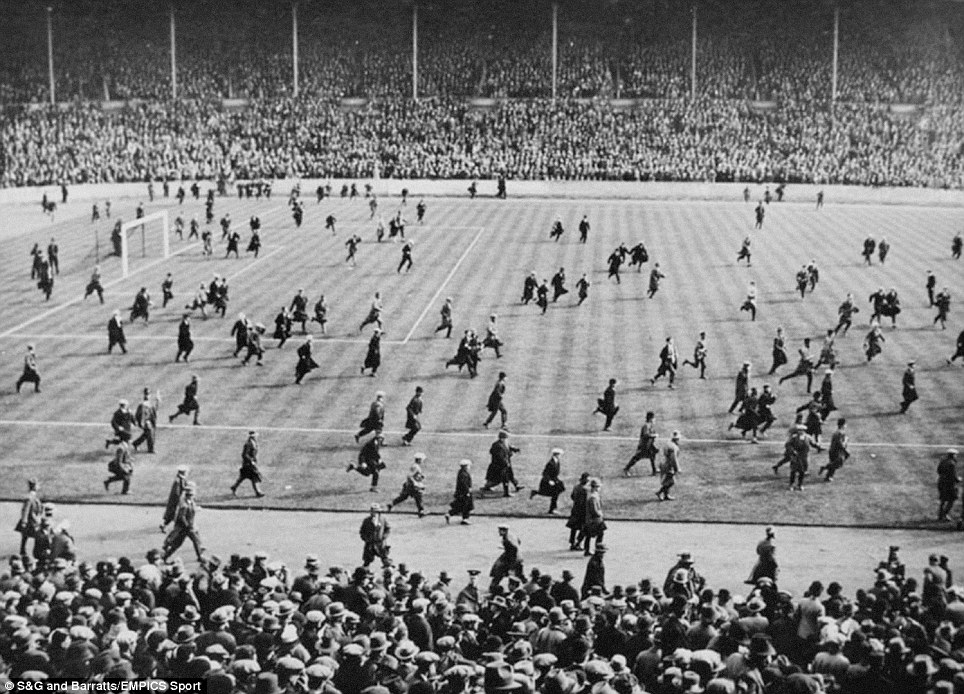
Having become much more middle-class, fans used to take trains and carriages in their quest of following their beloved teams around their matches. Nobody wanted to miss out on this new and exciting adventure of going to knockout football. The presence of the British Royalty during these finals only enhanced the reputation of the competition as something that is even more beautiful than the regular League itself.
Talking of attendances on matchdays, record crowds had already started attending the climax match from the turn of the 20th century. Figures of approximately 80,000, 111,000 and even 300,000 attendees were said to be there in 1899, 1901 and 1923 respectively. The advent of radio programming, and later television, for the finals from 1927 also increased the interest in the games. All of which is not to say that fans preferred staying home, not in the slightest.
The FA Cup had become sort of a national pastime and was feverishly followed for its unpredictability and binding qualities. In 2020, when the whole world came to halt and since then, even though matches have been happening, the absence of fans has been a big blow.
Numerous footballers have talked about how playing in an empty stadium is not the same and to have no fans for the final of this historic event was simply unthinkable. After all, this is the competition of dreams. Where the impossible is possible. Case in point, the legendary 1953 final, often referred to as the “Stanley Matthews Final.” His Blackpool team came down from 3-1 to win 4-3 at the last minute. There are lists of teams from outside of the traditional big clubs to have laid their hands on the cup in the most fascinating of circumstances.
Blackpool's 1953 FA Cup winners depart Wembley on top of the team bus. pic.twitter.com/SADQS3W6O8
— Blackpool FC (@BlackpoolFC) October 12, 2017
Adding to all of the above is just how long a victory of the Cup resonates in that team’s neighbourhood and the overall society. Players are revered for years for their exploits in the pitch which fosters a great deal of harmony and goodwill. You are instantly recognizable and are associated with so much of the happy moments that was entirely possible because of that one FA Cup run. The magic of the FA Cup, well and truly lives on.
MORE TO COME
In recent years, it has become a common theme of a big club with humongous resources winning this grand-old prize. With the gulf between the Premier League and rest of the English clubs increasing every year, it seems nigh on impossible for a lower-league club to actually win the trophy.
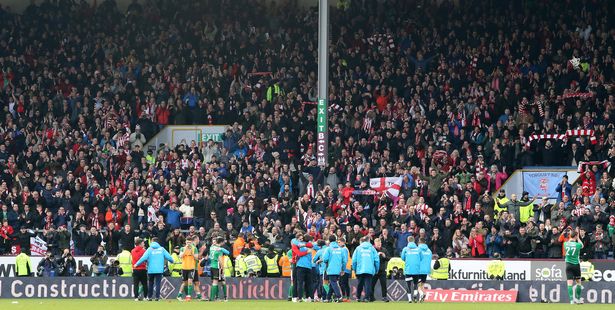
However, that is not to say there will not be an amazing cup run by a team you have not heard of or some giant-killing every year or so. When it is time for the FA Cup, the dream is well and still on right from the First Round for the footballing pyramid. After the ‘new normal’ of more than a year, having fans back at the home of football in the UK felt just about right. Long may it continue.

